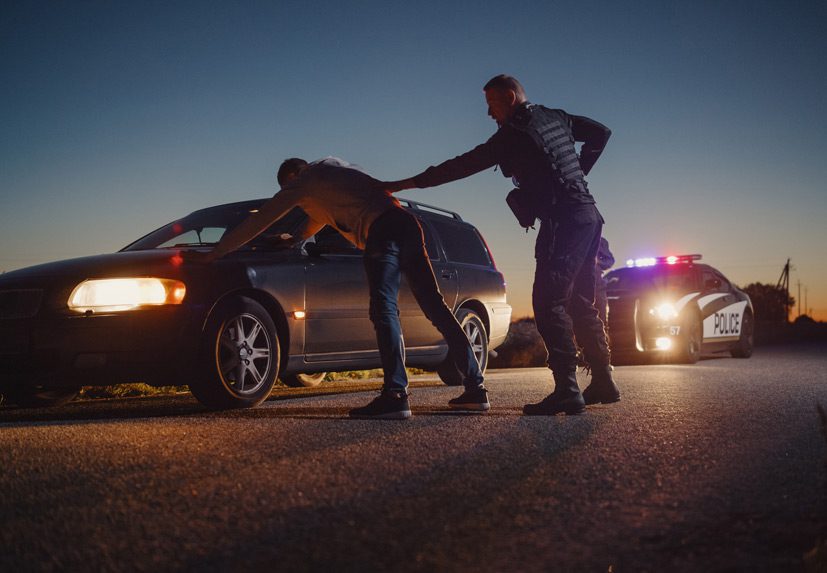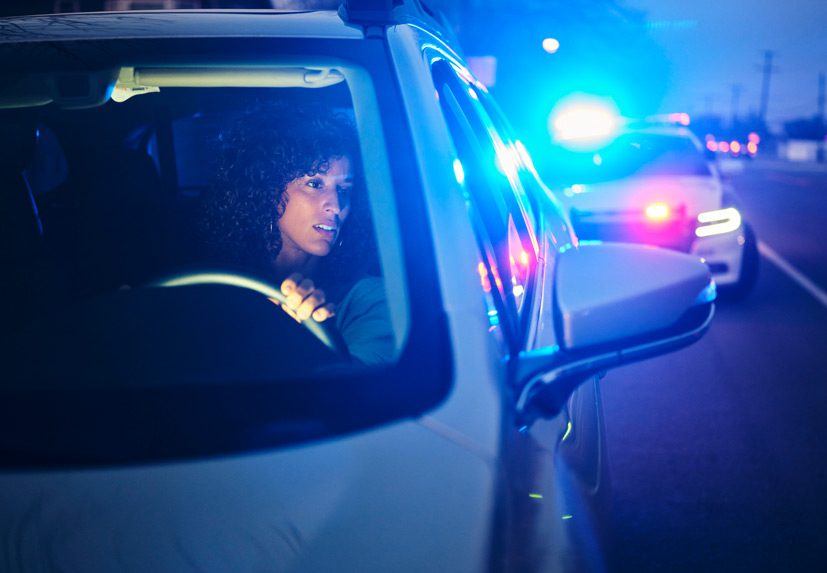From Accidents to Advocacy

Impaired driving remains a serious concern in Nevada, posing significant risks to motorists, pedestrians, and cyclists. Driving under the influence (DUI) of alcohol or drugs is illegal in the state, and strict laws are in place to deter and penalize offenders.
Common Forms of Impaired Driving
Alcohol: Consuming alcohol and then operating a motor vehicle is one of the most prevalent forms of impaired driving in Nevada. Even small amounts of alcohol can impair judgment, coordination, and reaction times, increasing the likelihood of accidents.
Drugs: Driving under the influence of drugs, including prescription medications, illegal substances, and even over-the-counter drugs that cause drowsiness or impairment, is also prohibited in Nevada. Drug-impaired driving can have similar effects to alcohol impairment, leading to accidents and injuries.
Marijuana: With the legalization of recreational marijuana in Nevada, driving under the influence of cannabis has become a growing concern. Despite its legal status, driving while impaired by marijuana is still illegal and can result in serious consequences.
Prescription Medications: Certain prescription medications, such as opioids, benzodiazepines, and sleep aids, can impair driving abilities and increase the risk of accidents if not taken responsibly.

Case Results
FAQs About Impaired Driving in Nevada
What should I do immediately after an accident with an impaired driver?
The moments following an accident are crucial. Firstly, ensure your safety and that of any passengers by moving to a secure location if possible. Then, call emergency services to report the accident and request medical assistance if needed. Document the scene by taking photos of the vehicles, road conditions, and any visible injuries. Exchange information with the other driver but limit conversation about the accident itself to avoid implicating yourself. Finally, seek medical attention, even if you feel fine, as some injuries may not be immediately apparent.
How can I prove the other driver was impaired?
Proving impairment typically involves gathering evidence such as police reports, which may include results from field sobriety tests, breathalyzer tests, or blood tests conducted on the scene or shortly after the accident. Witness statements can also be crucial. If bystanders observed erratic driving behavior or signs of impairment, their accounts could support your case. Surveillance footage from nearby cameras may also capture the incident and the impaired driver's behavior.
Can I claim compensation if the other driver was impaired?
Yes, if another driver’s impairment caused the accident that led to your injuries, you might be entitled to compensation. This compensation can cover medical expenses, lost wages, pain and suffering, and other damages. It's important to consult with a personal injury lawyer who can evaluate your case, guide you through the legal process, and help maximize the compensation you receive.
